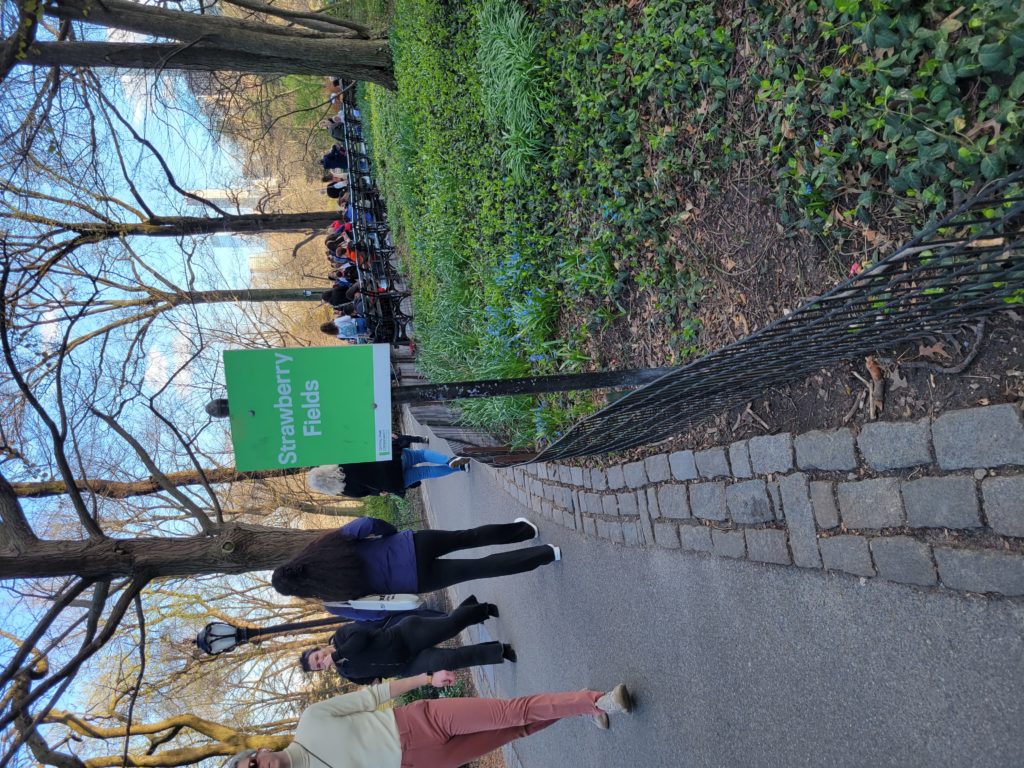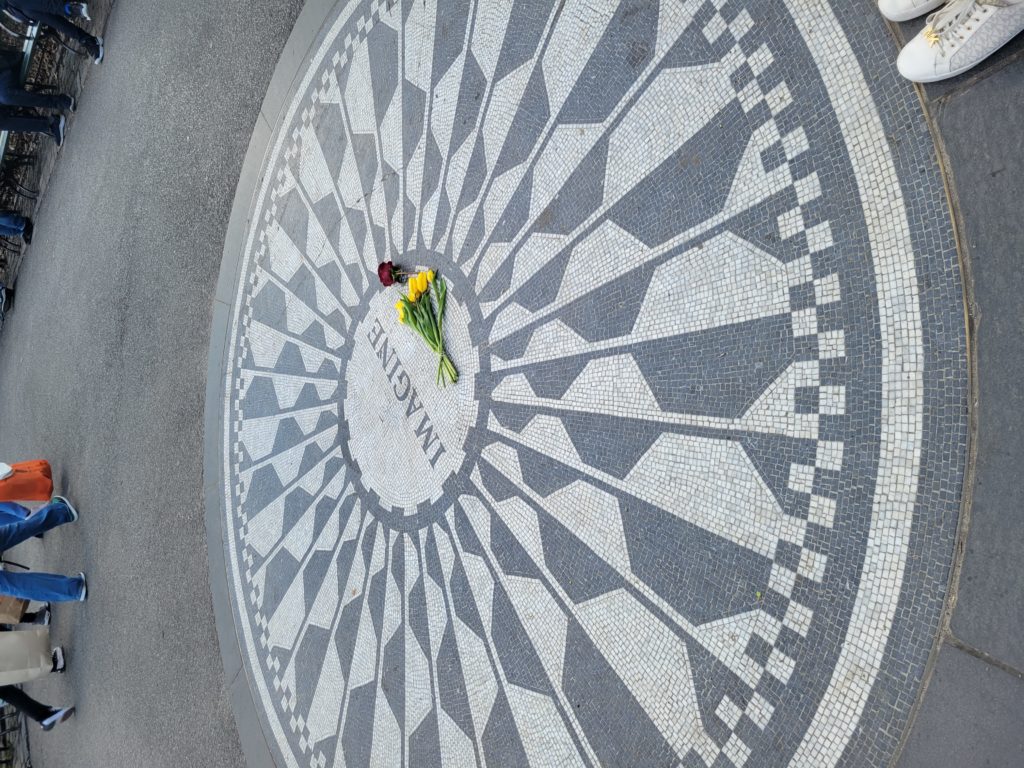Opinion by Gary Abernathy Gary Abernathy, a contributing columnist for The Post, is a freelance writer based in the Cincinnati, Ohio, region. Twitter Washington Post

You may say I’m a dreamer, but I’m not the only one.
I hope someday you’ll join us, and the world will be as one.Sign up for a weekly roundup of thought-provoking ideas and debates
Who can argue with that? Well, not me. World peace. Kumbaya.
The words from John Lennon’s iconic 1971 composition “Imagine” have been top of mind lately thanks to his son, Julian, who recently performed the song for the first time in response to the “unimaginable tragedy” in Ukraine. “The only time I would ever consider singing ‘Imagine,’” he wrote on YouTube, “would be if it was the ‘End of the World.’ ”
The song’s haunting melody and refrain evoke utopia for many, which has made it a go-to track for dark periods from protest movements to the pandemic to the current conflict in Europe. But “Imagine,” as beautiful as it sounds, has always disturbed me with its overtly anti-religion, unpatriotic recipe for “living life in peace.”
Now, like most people, I love the Beatles, and I love a lot of the music the former members of the Beatles made as solo artists. I’ve read biographies of John Lennon. He was a creative genius and a quirky, interesting person — and like a lot of artists, a tortured soul. His death at the hands of an assassin was a tragic loss. I would have liked to have seen what further contributions he would have made to the world of music.
Maybe they would have been more agreeable than this one.
“Imagine there’s no heaven, it’s easy if you try,” the song opens — not a happy thought for Christians and members of other religions who put their hopes in the belief in an eternal afterlife. We don’t want to imagine no heaven. Why would we try?

“No hell below,” suggests the next line. Well, yes, I have to admit that would be nice, but if there’s a heaven …
Later, the song suggests we imagine “nothing to kill or die for.” Aren’t some things worth dying for? Many have died for our freedoms. I’d hate to imagine where we’d be if they hadn’t.
“And no religion too,” it dreams. Again, many of us think religion is a good thing, just like “countries” are for those of us who are proud of ours, and “possessions” for those of us who believe in the bedrock concept of private property.
“Imagine,” as beautiful as it is, contains troubling imagery for anyone who cares about faith, patriotism and capitalism. And really, we don’t have to imagine this world. We’ve seen it. It’s called socialism.
Yes, I know — religion has caused countless wars through the centuries, and so much of our social and political divide is centered on religious differences. There are those who think we’d all just be better off without any belief in God. And maybe in a world without countries, what would otherwise be Ukraine and Russia could coexist harmoniously. For anyone who feels that way, “Imagine” is for you. (Had John Lennon lived, I think, he would have been right at home in the modern social justice movement.)
I am just not one of those people. For several years, “Imagine” appeared to be the unofficial anthem of New Year’s Eve in New York just before or after the big ball dropped, and watching tens of thousands of people gathered in Times Square swaying trance-like as the song wafted through the air was always cringeworthy to me. I remember thinking that if the world was going to end — I always feel a sense of foreboding on New Year’s Eve, like “this might be it” — “Imagine” was the perfect song to signify a final surrender to a Godless, humanistic world.
Am I reading too much into a song that just makes a simple plea for peace and unity? Maybe. Maybe not. For many of us, “Imagine” is a siren song to the rocky cliffs of destruction. I love the song for its lilting melody and seductive imagery. I find myself humming along. Imagine if everything were perfect. Wouldn’t that be nice? But then I think about the words: No heaven. No countries. No religion. No possessions. And I make myself snap out of it. Can’t we find a better anthem?
I appreciate Julian Lennon’s intentions in wanting to offer hope to Ukraine. He said the song “reflects the light at the end of the tunnel that we are all hoping for.” Good for him. And his father’s song isn’t going anywhere. It’s become the classic invocation of peace and harmony, while any opposition is just curmudgeonly and old-fashioned.
But if the light at the end of the tunnel is the one of these lyrics, I’m not sure I want to step into it. Imagine that.
